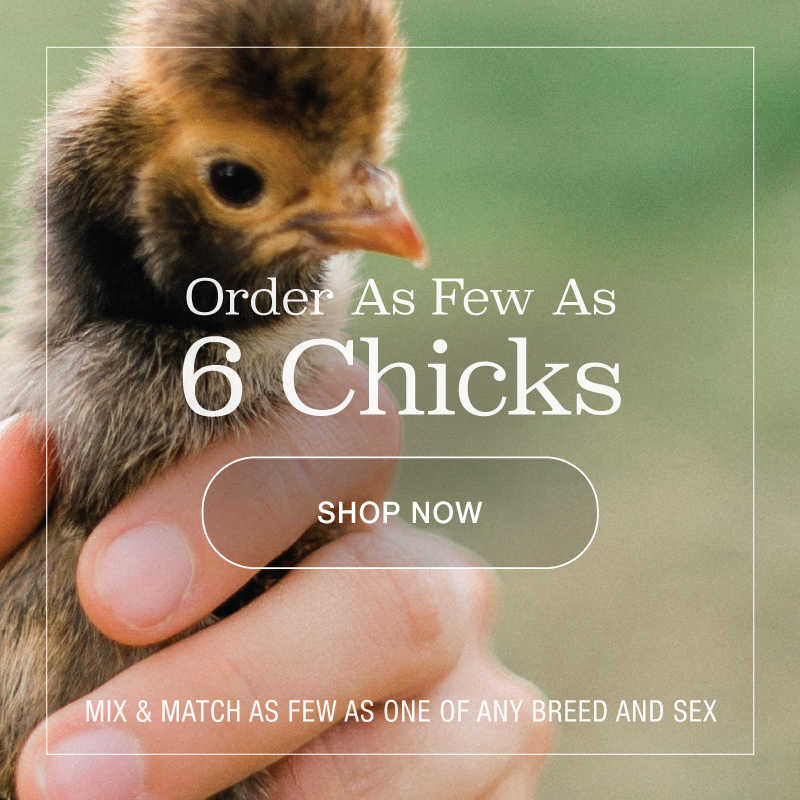by Patricia Foreman
 The local foods movement is not only gaining ground, it is here to stay; and that includes family flocks of chickens. Chickens are the mascots of local foods because of the many talents and skill sets they innately bring to small scale food production. These skill sets include being pesticiders (eating mosquitoes, ticks and fleas), herbiciders (by eating and clearing unwanted vegetation), and organic fertilizer generators (that can help create and enhance garden soil). The trend for backyard flocks is so strong, that in the past 2 years, over 500 towns and cities have revised their laws to allow urban folks to keep their own chickens.
The local foods movement is not only gaining ground, it is here to stay; and that includes family flocks of chickens. Chickens are the mascots of local foods because of the many talents and skill sets they innately bring to small scale food production. These skill sets include being pesticiders (eating mosquitoes, ticks and fleas), herbiciders (by eating and clearing unwanted vegetation), and organic fertilizer generators (that can help create and enhance garden soil). The trend for backyard flocks is so strong, that in the past 2 years, over 500 towns and cities have revised their laws to allow urban folks to keep their own chickens.
With the reemergence of backyard chickens across the country, there have been tremendous amounts of misconceptions, false beliefs and downright prejudice surrounding the keeping of micro-flocks of chickens. As the co-host of the Chicken Whisperer Backyard Poultry and Sustainable Lifestyles Talk Show, we have heard it all.
There are seven main concerns that routinely surface when the topic of city chicks is discussed. These are:
- Disease
- Noise
- Waste, Odor and Flies
- Predators and Rodents
- Property values
- Appearances
- What will neighbors think?
Let’s look at the facts behind each of these concerns.
Myth 1. Chickens Carry Diseases Communicable to Humans.
Fact: the truth is that small flocks have literally no risk of avian flu transmission to humans. The 2006 Grain Report states: “When it comes to bird flu, diverse small-scale poultry is the solution, not the problem.”
Centers for Disease Control (CDC) states on their website: “There is no need at present to remove a (family) flock of chickens because of concerns regarding avian flu.”
Avian flu has been in the press as a concern to commercial poultry production where birds are raised in monster-size flocks confined in over-crowded environments and fed the cheapest food possible. This causes high stress and compromised immune systems in the birds. Any sign of disease, including a sneeze, could result in a huge number of birds getting sick, and this puts at risk a large amount of profit. As many experts have stated publicly, the solution to avian flu is in small-scale poultry.
[We will explore Myth 2, Chickens are too Noisy in the next article of this series.]
You can learn more about employing family flocks as both civic and garden workers in City Chicks: Keeping Micro-flocks of Chickens as Garden Helpers, Compost Creators, Biomass Recyclers and Local Food Suppliers.
May the flock be with you!
…and to quoth the Chicken: “evermore”.
Patricia Foreman
[scg_html_patforeman_signature]



Looking forward to seeing the other myths explored! We live in a small, rather uptight town where the norm is chemically enhanced, golf-course green lawns. We just got our chickens outside this week (bought from McMurray’s) and I am trying to arm myself with whatever facts I can have for the neighbors who are bound to complain.
Just trying to compile documents for my case to change ordinances in Gwinnett County Ga. Can you perhaps send a link to show where the CDC made that statement? All I can find is stuff about Thailand.
Kim, here is Pat Foreman’s response to your question:
Here’s the CDC link:
http://www.cdc.gov/flu/avian/gen-info/qa.htm
The seventh question down has CDC’s answer.
We have had chickens in town for 9 years, and as long as I am thoughtful of my neighbors and don’t keep roosters, no one minds. Besides, just give your neighbors free eggs, and they love them. We have dogs in our neighborhood that bark all night, but once the sun goes down the chickens are quiet and don’t disturb anyone. They are very relaxing to just sit and watch, and they produce great fertilizer. We have a few older neighbors that really like to hear them cackle; they say that it reminds them of when they lived on the farm.
I am very interested in any help I can get to help change the local codes in our city. If there is anything we can copy or print to show our local government, please help.
Thank you
I am disturbed at this article. It is not only misleading, but very prejudiced. Avian Flu is communicable between birds, and small flocks that are able to mingle with other birds are NOT immune to it, and are just as likely to contact Avian Flu as large ones that are able to mingle with birds.
In fact, HOUSED chicken flocks do NOT come into contact with other birds, and are much more unlikely to contract it through bird to bird transmission than flocks that have access to other birds.
It is appalling that the author states that commercial producers feed “low quality feed” and that commercial flocks are stressed and more prone to sickness. That is completely false. It also reeks of Animal Rights activism. There is room for ALL kinds of poultry producers, and it is pathetically rude and nasty to attack one form of producer to further another type of producer’s agenda, especially when they resort to outright lies and deceits.
The only “information” this article gave was an attack on commercial farmers… It gave absolutely NO information about diseases passed from bird to human – just a mention of Avian Flu (just one of SEVERAL diseases transmittable) without any specifics other than to attack commercial farms. Please stop spreading propaganda… If you can’t write a non-prejudiced article based on SCIENTIFIC FACT instead of opinion, please don’t write one … There is enough nastiness in the world… We don’t need more between poultry farms/enthusiasts just because people have different opinions on how to raise poultry.
CM,
We appreciate your comments and concerns regarding Patricia Foreman’s article. Patricia wrote this article as a guest author for the blog. The ideas, opinions, and views expressed in the article are solely hers and do not necessarily reflect the ideas, opinions, or views of McMurray Hatchery as a company.
We believe that the main point and intent of Patricia’s article was to encourage and support those who raise or want to raise small backyard flocks of poultry and show some of the inconsistencies and weaknesses in the often used arguments against backyard flocks. We do not think that Pat has an “axe to grind” with regards to large producers.
Both large producers and backyard flock growers, along with many others have an important part to play in the care, raising, and promotion of poultry in today’s world.
Thank you! In an age where people wish to legalize pot I should hope there would be tolerance to people wishing to keep a few chickens. I think our society would be healthier mentally as a whole if people would care for something other than themselves for a change such as backyard poultry and gardens.